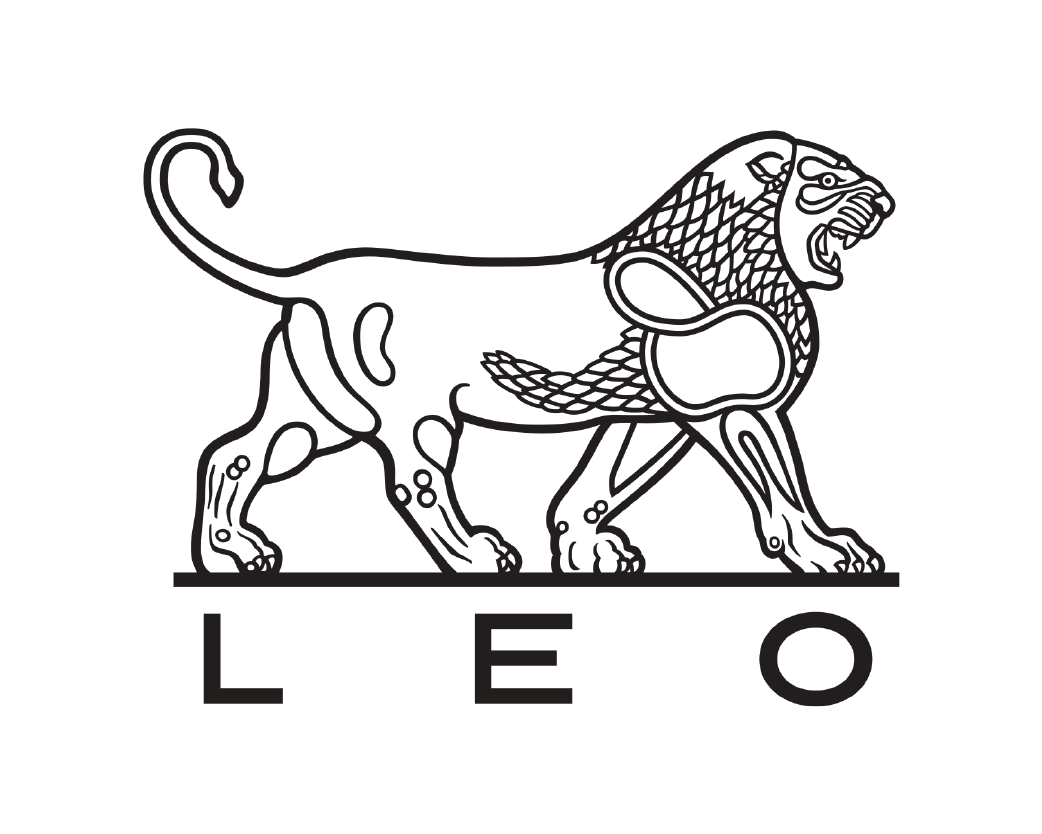FDA Approves Tralokinumab-ldrm for Atopic Dermatitis in Adults
The decision was made after favorable phase 3 trial results of the biologic.

LEO Pharma announced today that the Food and Drug Administration (FDA) approved the biologic tralokinumab-ldrm for the treatment of moderate-to-severe atopic dermatitis in adult patients 18 years and older.
Tralokinumab-ldrm is the first and only biologic approved by the FDA that binds to and inhibits the interleukin (IL)-13 cytokine, noted as a key driver of signs and symptoms of atopic dermatitis.
The treatment has been approved for patients whose disease are not adequately controlled with topical prescription therapies, or when such therapies are not advisable. Additionally, tralokinumab-ldrm can be used with or without the aid of topical corticosteroids.
This approval was made based on safety and efficacy results from ECZTRA trials 1, 2, and 3, which were all phase 3 trials that included nearly 2,000 adult patients with moderate-to-severe atopic dermatitis.
During these trial, 300 mg of tralokinumab-ldrm were administered every other week, either alone or with topical corticosteroids. Primary endpoints at week 16 of the trials were measured by an Investigator Global Assessment score of clear or almost clear skin (IGA 0/1) and/or at least a 75% improvement in the Eczema Area and Severity Index score (EASI-75), and the secondary endpoint of reduction of weekly average Worst Daily Pruritus NRS of ≥ 4 points on the 11-point itch NR,
The safety of tralokinumab-ldrm was well established, with an overall frequency of adverse events comparable with placebo. Common adverse events, with incidence ≥1% and greater than placebo, were upper respiratory tract infections, conjunctivitis, injection site reactions, and eosinophilia.
Adbry will be available in a 150 mg/mL pre-filled syringe for subcutaneous injection with an initial dose of 600 mg followed by 300 mg every other week.
“It’s exciting to see a new targeted therapeutic option for adult patients living with moderate-to-severe atopic dermatitis,” said Julie Block, President and CEO of the National Eczema Association.
“Therapeutic advances like this provide much needed hope for those who may have spent years struggling to find an effective therapy to alleviate the burden of this disease.”